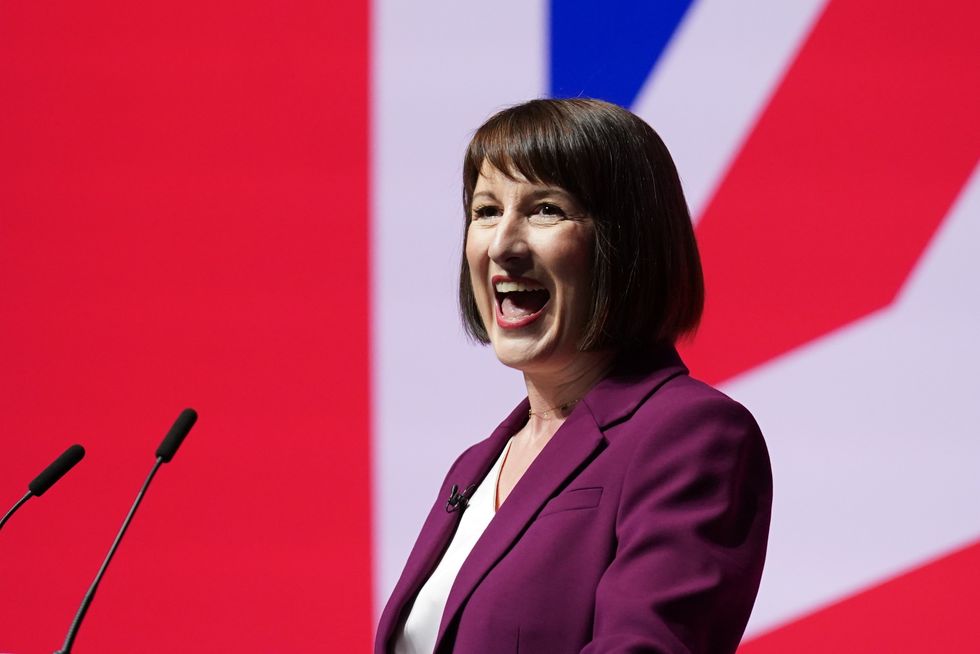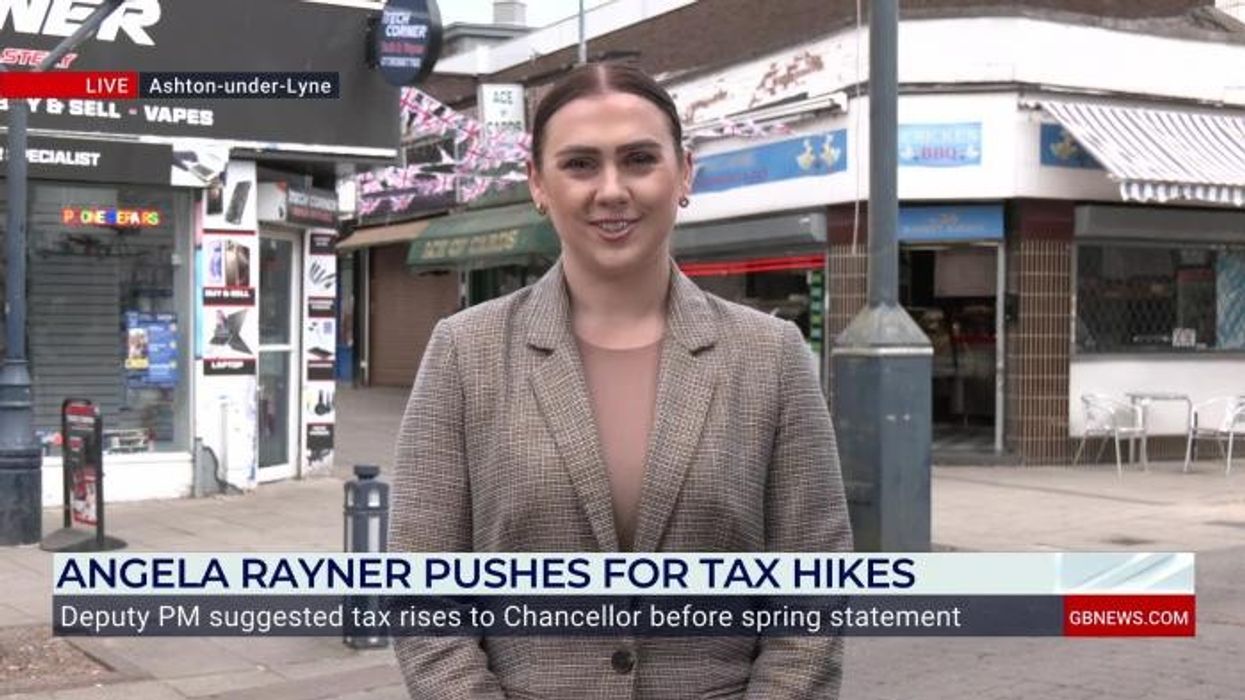Rachel Reeves's new pension shake-up could boost retirement savings by £6,000

The Government says moving pension savings into bigger funds will allow investment in assets with higher growth potential
Don't Miss
Most Read
Government pension megafund reforms could boost the average worker's retirement pot by £6,000 by the time they retire, new figures reveal.
The plans will require workplace pension schemes to manage at least £25billion in assets by 2030.
The boost is based on calculations for an average earner who begins saving at 22 and continues until state pension age.
Reforms set to be introduced through the Pension Schemes Bill will mean all multi-employer defined contribution pension schemes and Local Government Pension Scheme pools must operate at megafund level.
Schemes worth over £10billion that cannot reach the minimum size requirement by 2030 will be allowed to continue operating if they demonstrate a clear plan to reach £25billion by 2035.
Chancellor Rachel Reeves' plans will consolidate defined contribution schemes into larger "megafunds" to boost savers' retirement pots and UK investment.
The Government says moving pension savings into bigger funds will allow investment in assets with higher growth potential.
The UK is hoping to emulate similar schemes in Australia and Canada. Former Pensions Minister Sir Steve Webb described the reforms as "truly a red letter day for pension schemes".
The Treasury also said that defined contribution schemes will be given more freedom through legislation to move savers into better-performing funds. This will enable bulk transfer of assets into the megafunds while ensuring savers' interests are always protected.
The Pension Schemes Bill will create a "reserve power" potentially allowing Government to set mandatory asset allocation targets if schemes do not voluntarily increase UK investments.
The £392billion Local Government Pension Scheme, currently administered by 86 separate local authorities, will be reduced to six regional pools across the UK.
 Pension crisis looms as millions risk poverty in retirement | GETTY
Pension crisis looms as millions risk poverty in retirement | GETTYThere are currently about 60 different multi-employer schemes which invest pension savers' money into funds. The Treasury claims the consolidation could generate between £50billion and £80billion worth of investment in new businesses and critical infrastructure.
Defined contribution pension schemes are estimated to manage £800billion worth of assets by 2030. The reforms represent some of the biggest pension changes in decades, with the Treasury describing them as "radical".
Reeves said the pension reforms will "mean better returns for workers and billions more invested in clean energy and high-growth businesses".
The Treasury claims the reforms will save £1billion annually through economies of scale and improved investment strategies. The Government says the consolidation will allow pension funds to invest more in infrastructure, supporting economic growth and local investment.

Local Government Pension Scheme assets worth around £500 billion will be managed by 2030 under the consolidation plans
| PALocal Government Pension Scheme assets worth around £500billion will be managed by 2030 under the consolidation plans.
At present, local Government officials and councillors manage each fund separately. Under the new proposals, pension assets will be pooled into a handful of funds run by professional fund managers.
The Government says this restructuring will allow the schemes to invest more in infrastructure projects, supporting both economic growth and local investment.
The consolidation forms part of the broader megafund strategy aimed at creating larger, more efficient pension vehicles across both private and public sector schemes.
Experts have warned about the risks of using savers' money to drive economic growth rather than prioritising members' interests.
Jon Greer, head of retirement policy at wealth manager Quilter, said the consolidation could "open new doors" for UK pensions if managed carefully, but its success would depend "heavily" on the availability of new infrastructure projects.
He said: "Large funds need substantial, reliable projects to generate returns, but the market may struggle to offer enough of these opportunities, especially in the infrastructure sector.
"If too much money chases too few viable investments, the effectiveness of this consolidation could be diluted, with funds potentially forced into riskier or less impactful projects."

Rachel Reeves' new pension shake-up could boost retirement savings by £6,000
| GETTYTom Selby, director of public policy at AJ Bell, said there is a danger as "risks are all taken with members' money".
"There needs to be some caution in this push to use other people's money to drive economic growth. It needs to be made very clear to members what is happening with their money," he said.
Selby added that "many of the claims about the benefits of these reforms to pension savers and retirees need to be taken with a fistful of salt".
He warned that private equity investing is "notoriously high cost and high risk", meaning people could end up worse off if investments fail to perform over the long term.
"There is a clear danger that conflating government policy goals namely driving higher levels of investment in the UK and ultimately economic growth with those of savers and retirees means the latter will be risked in pursuit of the former," Selby said.











